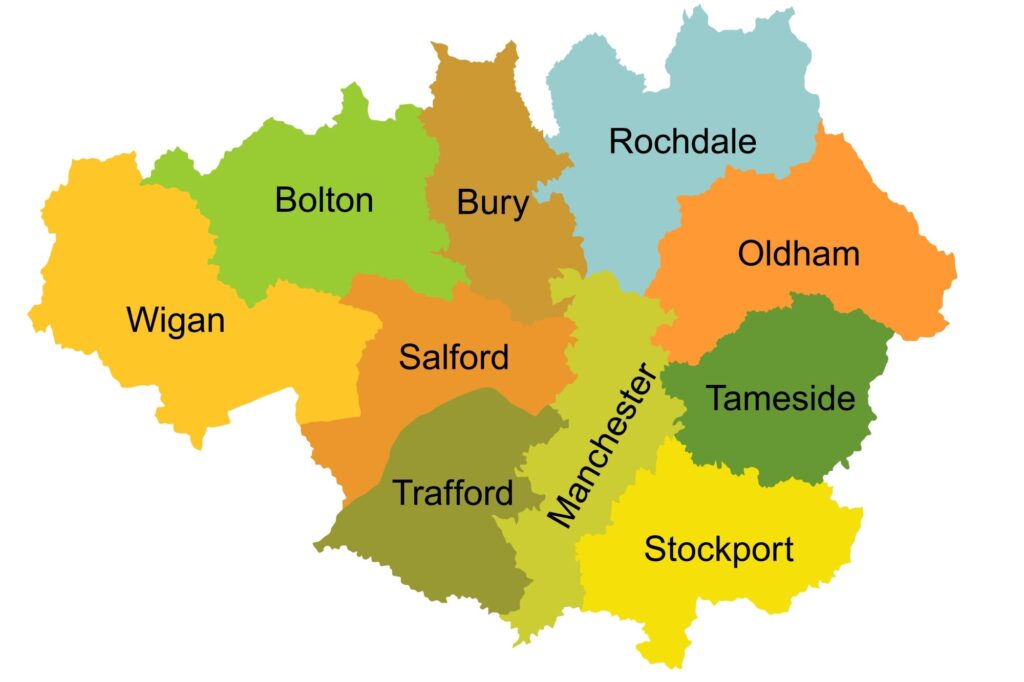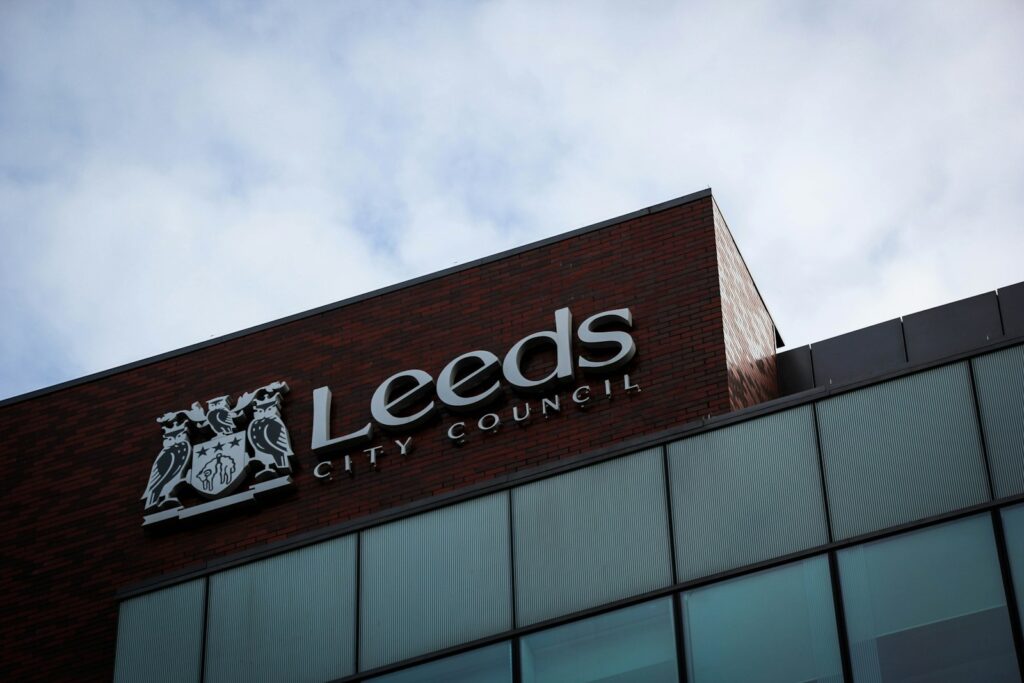Strong local economies are healthy ones. Yet despite all the evidence, the impact of health on local growth rarely features in discussions about economic development. This is a worrying oversight which undermines efforts to rebalance the economy.
Indeed, the evidence presented in a new Smith Institute report Joining the dots – making healthcare work better for the local economy demonstrates that forging closer links between health and economic growth is vital to the future success and prosperity of places.
The links between deprivation and poor health are well established. Higher rates of unemployment and low employment rates as well as poor, insecure working conditions negatively impact not just the individuals affected but also the health of the community as a whole.
The scarring effects on places which have undergone severe economic crisis are felt for decades and affect the future wealth and wellbeing of an area. Ill health is a significant barrier to work and reduces the pool of labour in an area. And supporting those with physical and mental health problems further depletes scarce resources available to tackle the root causes of ill health and economic under-performance.
The spatial differences in health outcomes could well worsen. The current winner-takes-all approach to local economic development may well lead to widening differences in unemployment rates by place. Reversing these trends and tackling spatial health inequalities will not be easy or cheap. The costs to the public purse of prevention are immediate and the savings often not realised for years or decades later.
There needs to be much greater emphasis on health
inequalities in discussions about economic development
Nevertheless there are things that local authorities can do to reduce health inequalities and grow the economy. Blackburn-with-Darwen council has developed its own social value assessment tool to help maximise the social impact of their local spend. Local authorities can also commission more services from local business so public money stays within the local economy.
Local authorities can also work with businesses to improve health outcomes. Mental health problems alone are estimated to cost businesses around £8.4bn a year in sickness absence. Some local authorities have introduced employment kite marks and worked with major employers to ensure good standards are met in relation to agency work, wages and training. Others are working with employer organisations and agencies to spread good practice and healthy working environments.
Councils also have a role preventing ill health through their placemaking functions. Providing youth clubs and sport facilities for younger people can help reduce problems such as obesity and adolescent alcohol abuse, while using planning and licensing powers to control the number of bars in an area can also shape health outcomes.
Making some of these choices is difficult, especially for more deprived areas. A council with high rates of unemployment may find it hard to refuse a license to a bar that will bring jobs and economic activity. Investing in services and activities which promote good health requires funding at a time of budget cuts and high demands on other services.
Greater investment in prevention will however be needed. In Glasgow health workers identified children at risk of poverty and referred their families to the money advice service. Through carefully structured advice and support there was a significant financial gain for the children and parents.
Equally, the NHS has a role as an employer. One of the first organisations to become living wage employer was an NHS trust in east London precisely because it understood the link between income and health outcomes. Again these choices are not always straightforward when faced with immediate budget constraints. The removal of deprivation weightings from the NHS funding formulae will make it even harder for preventative action to be taken where it is most needed.
Making the right interventions will demand greater joint working and pooling of funding. This is not without its own set of barriers but there is a clear common interest in different parties working together.
There needs to be much greater emphasis placed on health inequalities in discussions about economic development (and vice versa). This will require greater freedoms and incentives for local agencies and authorities in order to take a more rounded approach. It also needs the centre to support not just places of growth but places of need. The cost of not doing so will be felt by local businesses and result in even greater demands on services and poorer health outcomes for individuals.

















Joining the dots is a useful read and thank you for it. However the problem I found when grappling with Local Planning, CCGs and NHS England was that the latter two were at war. There was a new housing estate planned. I could see that healthcare at the local surgery would be overstretched so I got the local GPs involved who asked for funds to develop their premises using s106 funds. The plans were presented but the NHS, who were not planning ahead by policy (!) said that until the surgery reached a certain number of people on the GPO lists, no money should be requested. That number is already near and the new housing’s residents proposed will exceed the requisite number, but the NHS team undermined the GPs and CCG leaving the substantial funds which could have been requested to fall away. This was despite the planning minister, Brandon Lewis, answering my enquiry confirming that funds for health infrastructure were reasonable allowable under s106.
Real cooperation needs to happen between the parties involved before we can make progress and it needs to start with the civil servants and managers concerned.
Cllr. Mike Allen